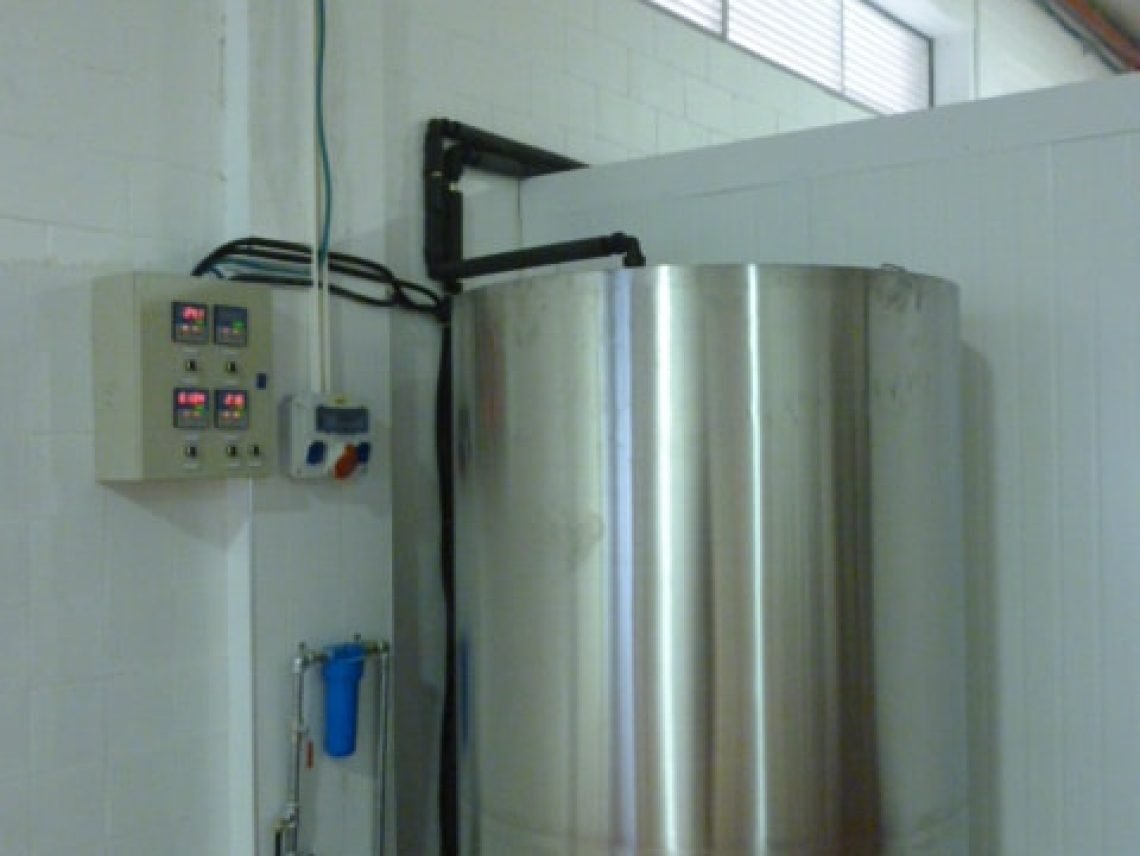Guide to Glycol Shelf Life and Maintenance

Table of Contents
ToggleUnderstanding Glycol Shelf Life and Maintenance
What is Glycol?
Understanding glycol shelf life and maintenance is crucial for ensuring optimal performance in various industrial applications. Glycol, a versatile compound, is widely used across various industries for its excellent heat transfer and antifreeze properties. But why is it so popular? More importantly, you might wonder, does glycol go bad? Understanding what glycol is can help you better manage its shelf life and ensure maximum efficiency.
Common Applications of Glycol
From the oil and gas sector to commercial and public works, glycol plays a vital role in many applications. For instance, it is commonly used in HVAC systems, automotive antifreeze, and as a coolant in various industrial processes. As a result, knowing how glycol is utilized can help you determine the best practices for its storage and maintenance.
Types of Glycol (Ethylene and Propylene)
There are two main types of glycol: ethylene glycol and propylene glycol. Each type has unique properties. On one hand, ethylene glycol is commonly used in automotive and industrial applications. On the other hand, propylene glycol is preferred in food and pharmaceutical industries due to its lower toxicity. This distinction is crucial, as the type of glycol used can significantly impact its longevity and application.
Glycol Shelf Life and Maintenance: Key Factors
Storage Conditions and Their Impact
The shelf life of glycol is heavily influenced by how it’s stored. For example, proper storage conditions are crucial to maintaining its quality and effectiveness over time. If not managed correctly, factors such as temperature, exposure to light, and contamination can significantly impact glycol’s longevity. Therefore, taking the right precautions ensures you get the most out of this valuable compound.
Glycol Expiration Dates: Do They Exist?
You may ask, does glycol have an expiration date? While glycol itself doesn’t spoil like food, it can deteriorate under certain conditions. Manufacturers often provide guidelines on the recommended storage duration to ensure optimal performance.
Manufacturer Recommendations for Glycol Storage
To maximize the shelf life of glycol, it’s essential to follow the manufacturer’s recommendations. These guidelines typically include ideal storage temperatures, proper sealing of containers, and regular monitoring of the glycol’s condition.
Signs That Glycol Has Gone Bad
Physical Changes in Glycol
Over time, glycol can exhibit physical changes that indicate it has gone bad. These changes might include discoloration, separation, or the presence of particles. Recognizing these signs early can prevent potential damage to your systems.
Chemical Indicators of Deterioration
In addition to physical changes, chemical indicators can also signal glycol degradation. Changes in pH levels, the presence of acids, or a significant drop in glycol concentration are all red flags. Regular testing is crucial to detect these chemical changes.
Need a reliable partner?
Frequently Asked Questions
How can I tell if my glycol has gone bad?
Glycol can go bad if it’s been improperly stored or if it’s been in use for an extended period. Signs that your glycol has deteriorated include a color change (typically darkening), the presence of solid particles or sediment, and a strange smell. Additionally, if the pH level of the glycol has changed significantly, it could indicate contamination or degradation. Regular testing can help you catch these signs early.
How long does glycol typically last in storage?
The shelf life of glycol can vary depending on storage conditions and the specific type of glycol. Under ideal conditions—cool, dry, and away from direct sunlight—glycol can last anywhere from 2 to 5 years. However, it’s always best to check the manufacturer’s guidelines for specific recommendations on storage duration.
Can glycol be reused after it has gone bad?
While it might be tempting to reuse glycol, it’s not recommended if it has significantly deteriorated. Contaminated or degraded glycol can harm your equipment and reduce efficiency. However, in some cases, glycol can be reconditioned through filtration and purification processes to restore its quality. Always consult with an expert to determine the best course of action.
What factors affect the shelf life of glycol?
Several factors can influence how long glycol lasts, including temperature fluctuations, exposure to air and light, and contamination from other substances. Maintaining a consistent, cool temperature and using airtight containers can help prolong glycol’s shelf life. Additionally, regular monitoring and testing can help detect early signs of degradation.
Is it safe to use old glycol in critical applications?
Using old or degraded glycol in critical applications can be risky. It can lead to reduced efficiency, increased wear and tear on equipment, and potential safety hazards. If you’re unsure about the quality of your glycol, it’s best to test it before use or consult with a professional to ensure it’s safe for your specific application.
Table of Contents
ToggleRelated Blog Post
- Is glycol flammable?
- How is glycol transported?
- Can glycol go down the drain?
- Does glycol degrade over time?
- Does glycol break down plastic?
- How do you store propylene glycol?
- How long does glycol last in a boiler?
- Does glycol hold heat longer than water?
- Is glycol considered a hazardous material?
- How often does glycol need to be replaced?
- At what temperature does glycol breakdown?
Solutions
In the realm of industrial solutions, Red River emerges as a pioneer, offering a diverse range of custom-engineered products and facilities. Among our specialties is the design and production of Custom/OEM Pressure Vessels, meticulously crafted to meet individual client requirements, ensuring performance under various pressure conditions. Our expertise extends to the domain of prefabrication, where Red River leads with distinction.
The company excels in creating prefabricated facilities, modules, and packages, reinforcing its stance as a forerunner in innovation and quality. This proficiency is further mirrored in their Modular Skids offering, where they provide an array of Modular Fabricated Skid Packages and Packaged equipment. Each piece is tailored to client specifications, underlining their commitment to delivering precision and excellence in every project they undertake.
